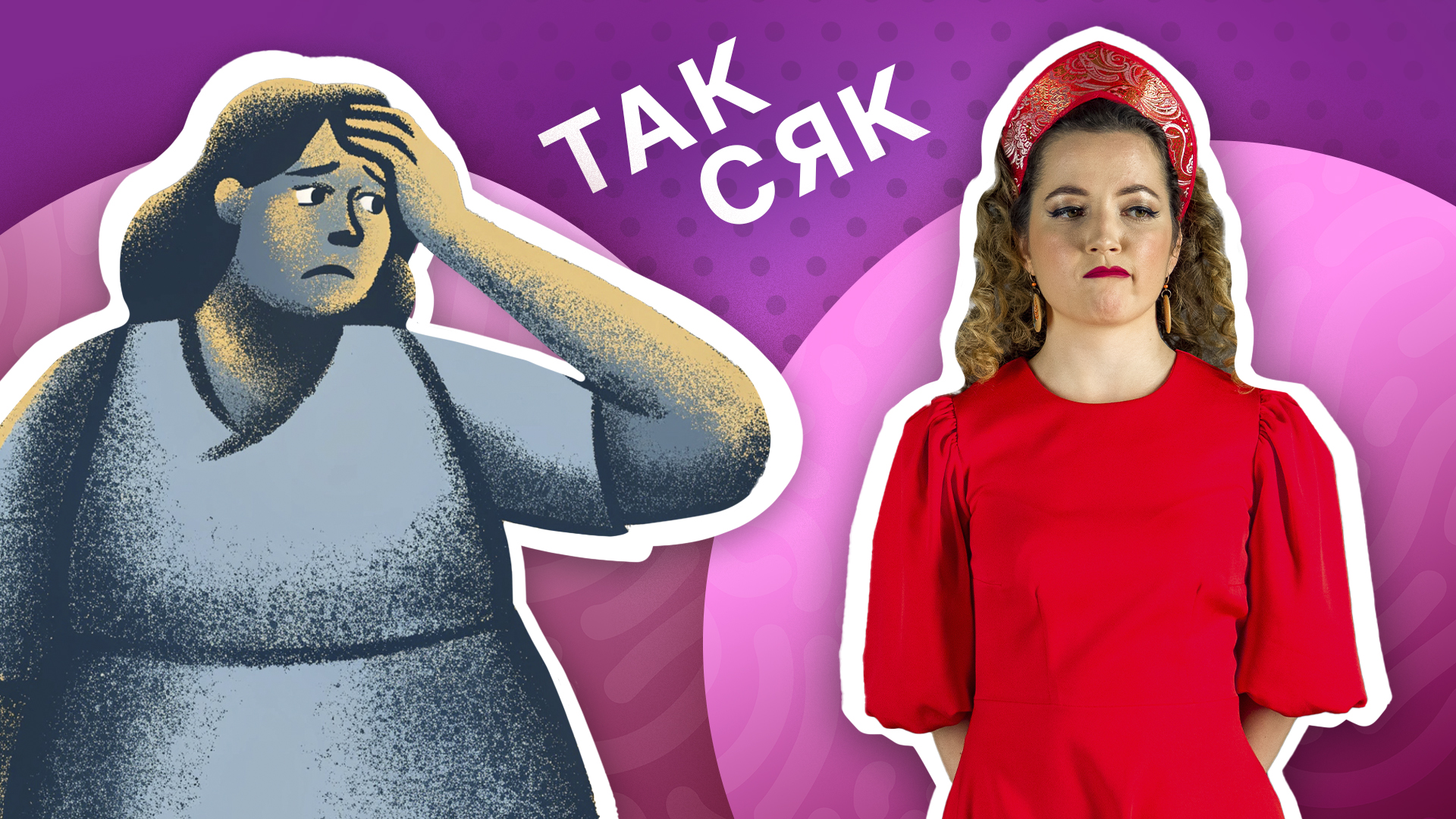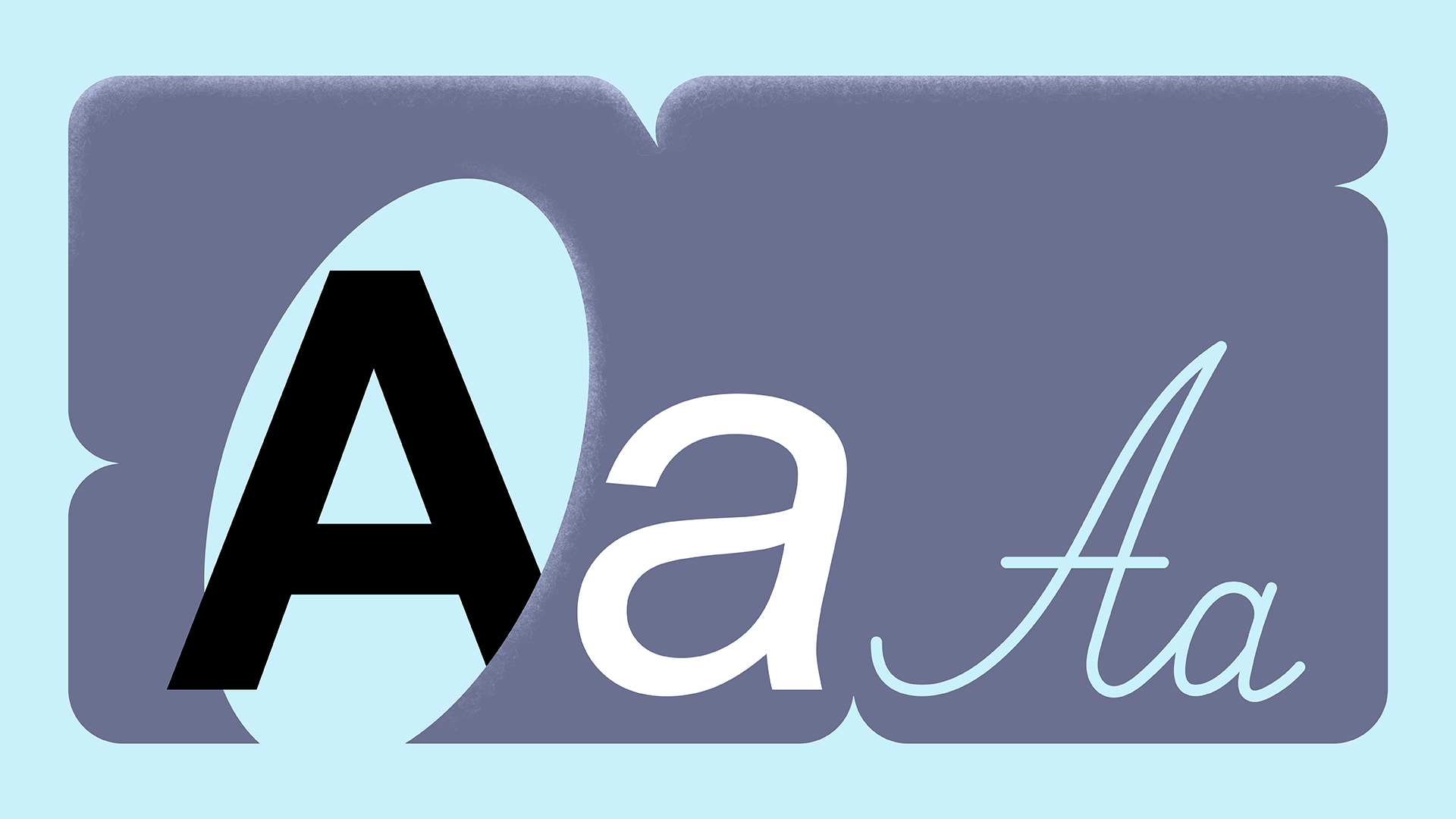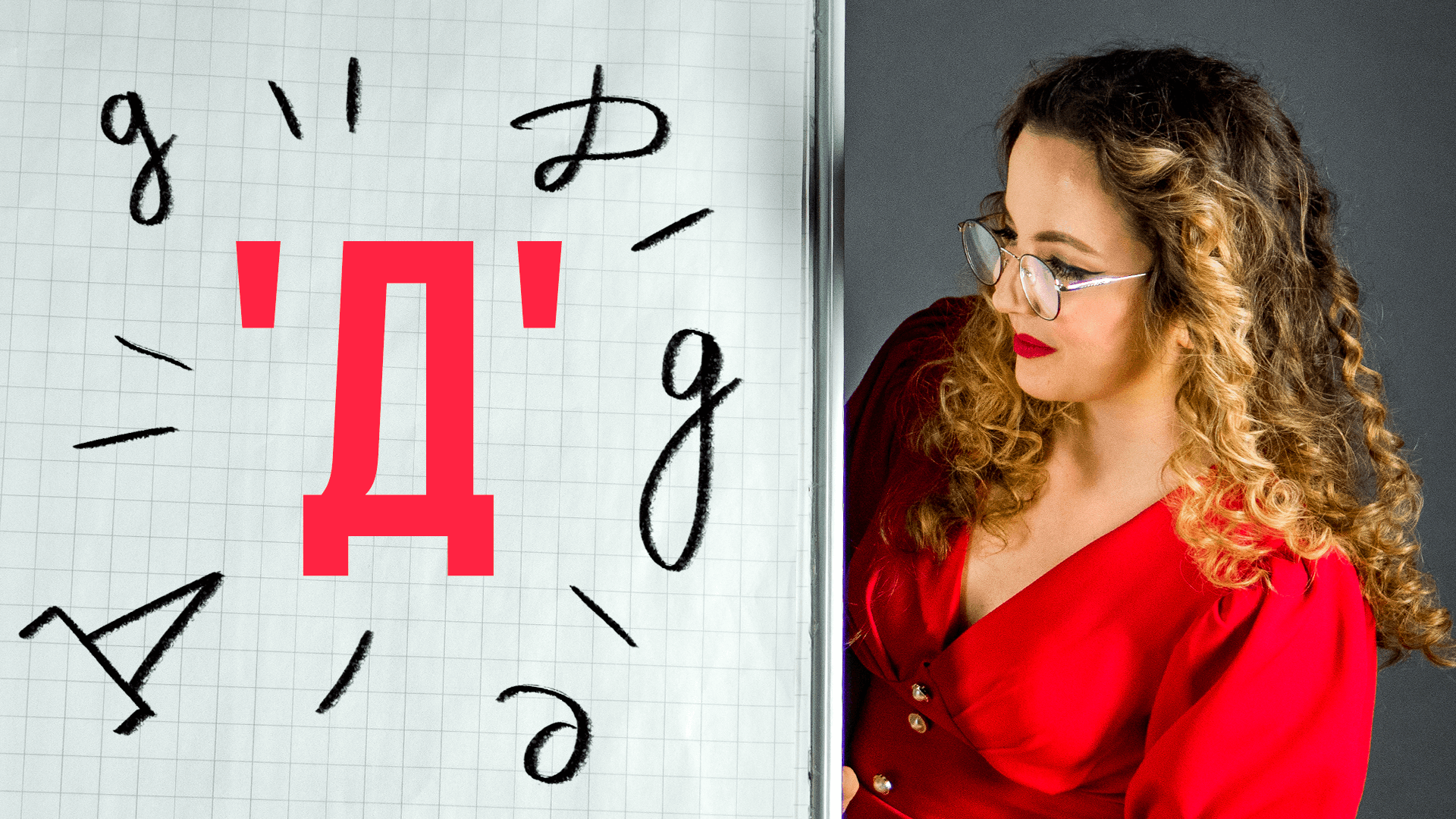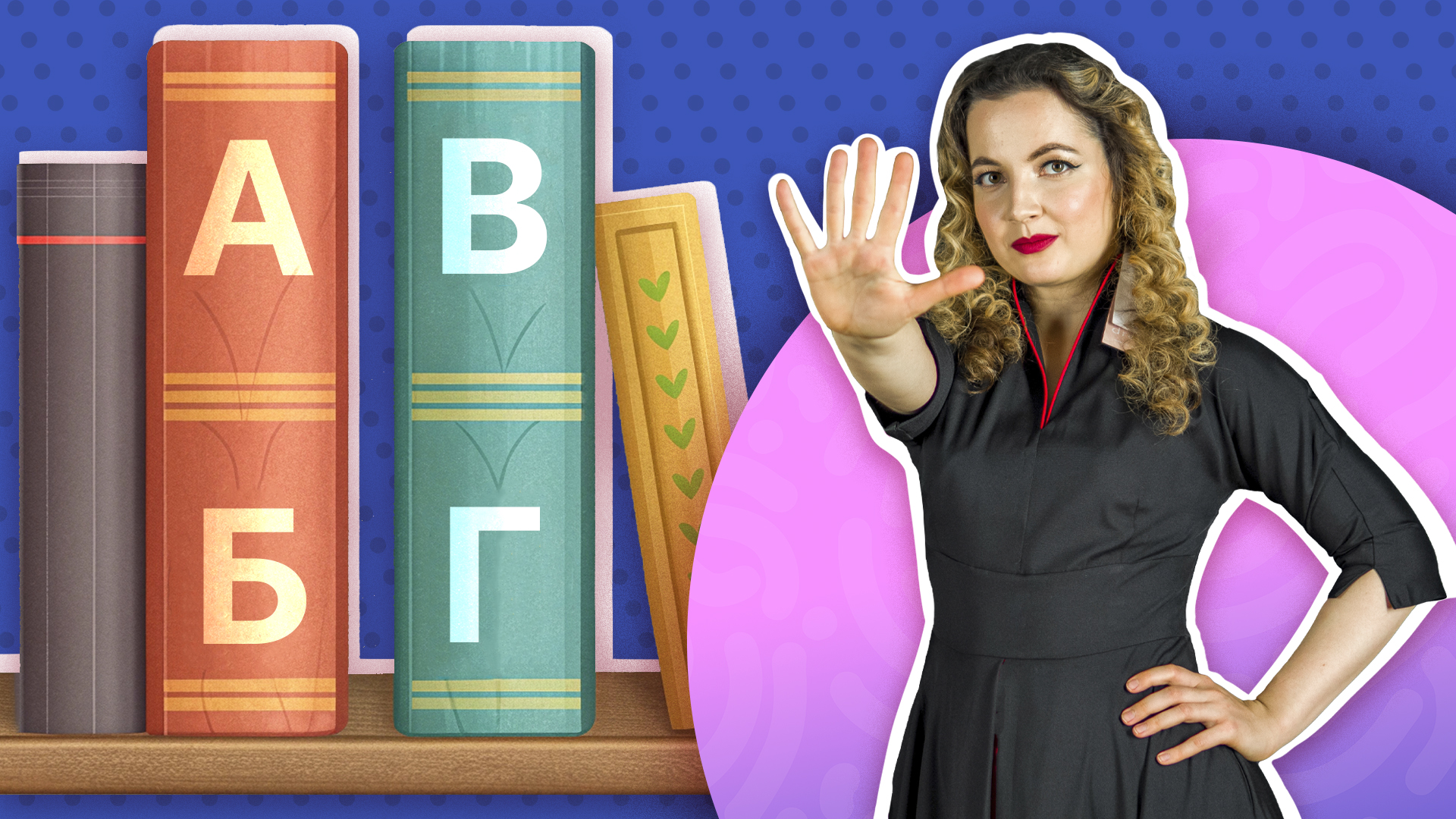
10 popular idioms Russians still use

1. “На пальцах” (“On the fingers”)
('Na paltsakh')
This literally translates as: “On the fingers”. Explaining, showing “on the fingers” means to explain something in a very simple and accessible way that even a child can understand. English equivalents would be "break it down", “in Layman’s terms” or as the Internet usually says: "Explain like I'm five" (ELI5).
2. “Знать как свои пять пальцев” (“Know something like your own five fingers”)
('Znat' kak svoi pyat paltsev')
This means to know something by heart, completely. It is most often said of the locality: "He knows the city like his own five fingers." You've probably already guessed that the English equivalent for this would be: "Know something like the back of one's hand."
3. “На глаз” (“By the eye”)
('Na glaz')
This means roughly, without properly measuring. Add salt by the eye, cut something by the eye. It’s not to be confused with “С глазу на глаз” or “eye to eye”, which means in private, tet-a-tet. "To eyeball it" would be a way to say it in English.
4. “Разуть глаза” (“Unshoe your eyes”)
('Razut' glaza')
This literally means to take the shoes off one’s eyes. It’s usually used in an imperative tone and actually means “Open your eyes!” – look around and pay attention. This is what a mother says, for example, to a child who is looking for something in a conspicuous place. "Are you blind?!"
5. “Греть уши” (“To warm up ears”)
('Gret' ushi')
If someone warms their ears, it means they are eavesdropping unnoticed. It's a slang expression that has its origin in prison lexicon.“Why are you warming your ears?” could easily be rudely said to someone who was eavesdropping.
6. “Ударить в грязь лицом” (“To hit a face into mud”)
('Udarit' v gryaz litsom')
This refers to failure, even humiliation. "I don't want to hit my face into mud during my job interview" means "I don't want to make a mess of my interview". There’s an English equivalent: "To fall flat on one's face."
7. “Поставить на ноги” (“Put someone on their feet”)
('Postavit' na nogi')
This expression has two meanings at once and both are used quite often. The first is to help someone to recover from a long illness. The second is to raise a child, to give them everything that they need financially and educationally. It is also possible to “stand on your own two feet”, i.e. to improve your financial situation.
8. “Поставить крест” (“Put a cross on someone”)
('Postavit' krest')
A cross is usually put over a grave, so “to put a cross on someone” means figuratively to bury someone, to stop relying on the person. A boss can “put a cross on an employee” if he is convinced that the employees are not fulfilling their duties. The closest English phrase would be “To write someone off”.
9. “В пух и прах” (“Into puff and ashes”)
('V pukh i prakh')
“The academic council blew his thesis into puff and ashes”, “he lost at cards into puff and ashes”. It means completely, totally, finally. An English equivalent would be: “To smash to smithereens.”
It is not only used in a negative way. You can say “she was dressed into puff and ashes", meaning "to the hilt” or very classy.
10. “В хвост и в гриву” (“In the tail and mane”)
('V khvost i v grivu')
Originally, this was said about horses. The coachman would beat the horse's tail and mane, i.e. very hard. Now, the phrase is also said about people. To hit someone in the tail and mane, i.e. with all your might. During World War II, there was a popular poster of Soviet troops beating the Nazis “in the tail and mane”. Sometimes, it is also used when scolding someone very strongly.
How would you say it in English? Let’s discuss in our Telegram chat for those who are learning Russian! Join it here!












